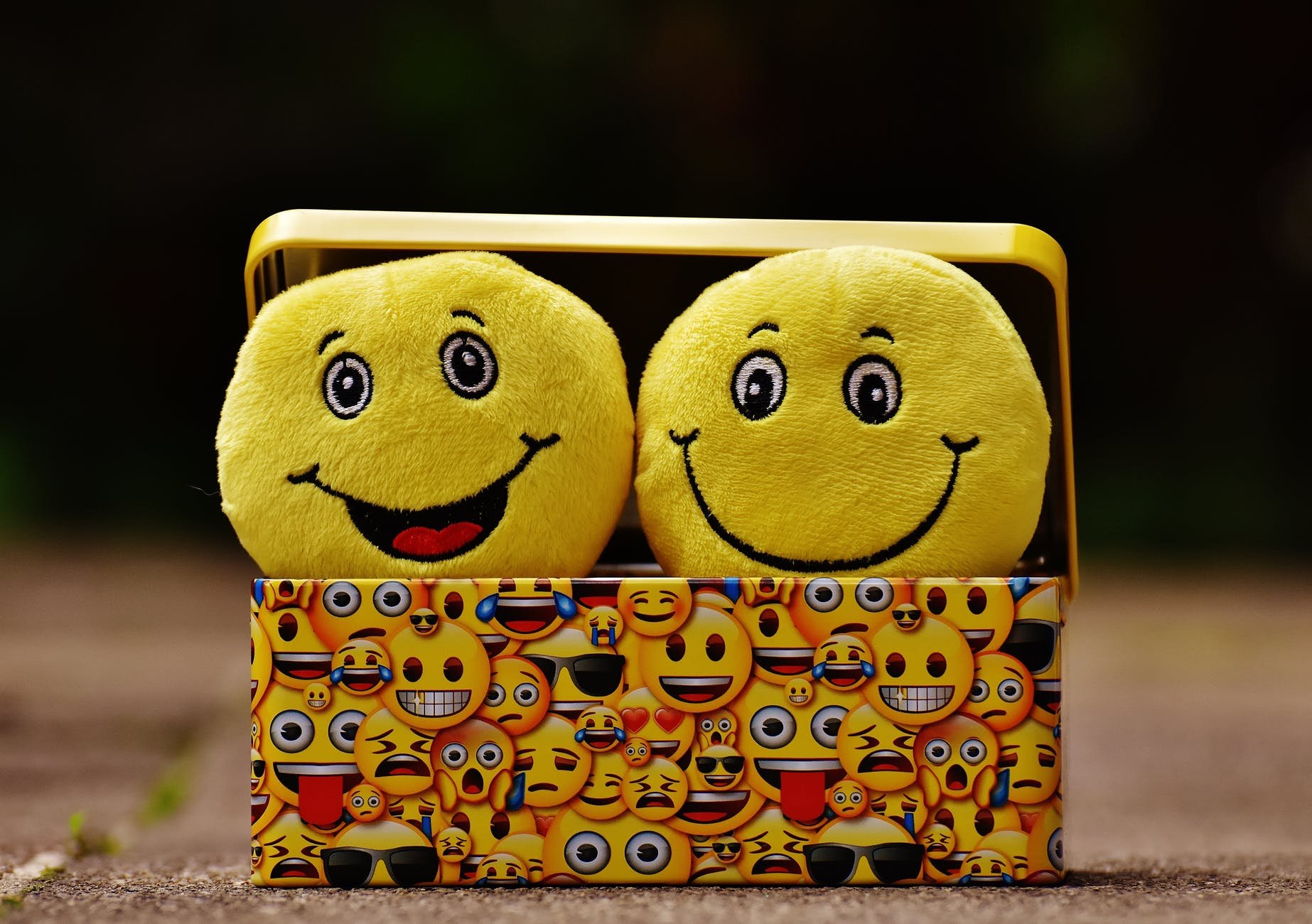SEL Saves Lives: Here's Why
Kids, teens, and individuals of all ages need more social and emotional support than ever this year. Two-plus years into Covid-19 and many of our kids report feeling lonely and exhausted. Suicide has long been a growing concern – rates have increased 31% over the past 20 years, with an increase of over 3% each year since the pandemic started. Teachers and school leaders are seeing more of what they call “regressed” behaviors, such as kids bringing toys to school at older ages, teens unable to tolerate frustration, and even many adults lacking conversation skills.
Furthermore, there are also many reports of kids seeming socially overwhelmed at school and escaping by hiding in the bathroom or behind the screens of their phones. During their busy school days, teachers and principals may be tempted to ignore such behavior and focus only on helping children academically. However, this myopic approach is not helping the “whole” child sustain themselves and doing so risks children falling even more behind in their studies. To survive and thrive, our physical and emotional health is dependent on the development of social emotional learning competencies.
The development of self-awareness, self-regulation, flexibility, resilience and relationship skills, directly leads to higher predictive outcomes throughout life. Below are five reasons why we believe SEL is essential and may even save you or your loved one’s life.
Improves Physical and Mental Health — In a time when uncertainty, stress, and anxiety are prevalent in schools and society, understanding how students can regulate emotions is more pertinent than ever before. Stress that's left unchecked can contribute to many health problems, such as high blood pressure, heart disease, obesity and diabetes. The benefits are clear: SEL is essential in maintaining good physical and mental health.
Bolsters Academic Performance — When students have supportive relationships and opportunities to develop and practice social, emotional, and cognitive skills across many different contexts, academic learning accelerates. Hundreds of studies offer consistent evidence that SEL bolsters academic performance. Students participating in SEL programs show improved classroom behavior, an increased ability to manage stress and depression, and better attitudes about themselves, others, and school.
Increases Confidence and Self-Esteem — The ability to communicate (both verbally and non-verbally) impacts self-esteem and self-concept. SEL allows individuals who learn and think differently to talk about their challenges and strengthen self-esteem through expanded emotional recognition. This includes the ability to identify one’s own emotions, as well as the emotions of others, in conjunction with an expanded emotional vocabulary to describe one’s feelings.
Leads to Better Job Outcomes — Six of the identified top ten skills for the future involve social and emotional competence, including complex problem solving, critical thinking, and creativity. According to the World Economic Forum Report, Thirty-one percent of employers worldwide struggle to find qualified employees. A major reason for the qualified labor shortage is that fewer students are graduating high school with the social and emotional skills required for today’s workplace. In another survey, 92% of surveyed executives say skills such as problem-solving and communicating clearly are equal to or more important than technical skills, yet 89% said they have a very or somewhat difficult time finding employees with those skills.
SEL is A Wise Financial Investment — When it comes to school programming, education leaders are often weighing the benefits of investing in new efforts. Cost-benefit research demonstrates the value of SEL programs. The report found an average return on investment for six evidence-based programs of 11 to 1, meaning for every dollar invested there is an $11 return. Specifically, early social and emotional skill development helps to reduce societal costs required for public assistance, public housing, police involvement, and detention.


